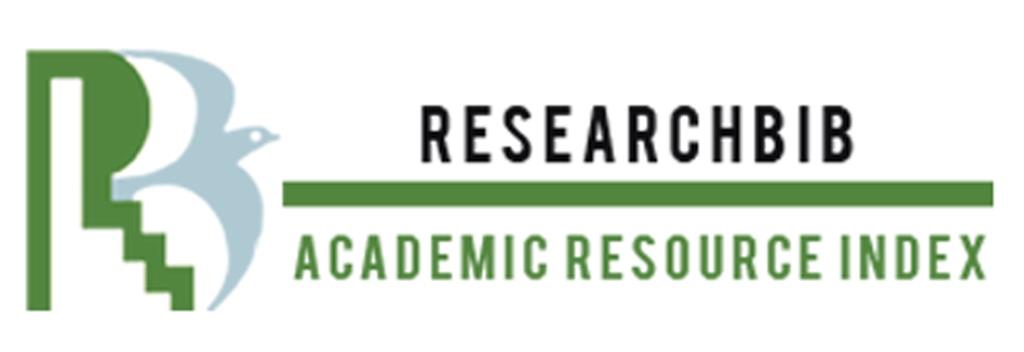BILINGUAL EDUCATION – ANALYZING ITS ROLE IN COGNITIVE AND LANGUAGE DEVELOPMENT
Abstract
Bilingual education, where students learn in two languages, is gaining popularity globally. This article explores the multifaceted effects of bilingual education on cognitive and language development, examining both its benefits and challenges. We will explore how bilingualism can enhance cognitive abilities, particularly executive function, memory, and attention. The intricate connection between language acquisition and cognitive development in bilingual children will be investigated, highlighting the interplay between linguistic and cognitive processes. The article delves into various models of bilingual education, discussing their strengths and weaknesses. We will also explore the implications of bilingual education for educational policies and practices.
Downloads
References
Carlson S M , Meltzoff A N .Bilingual experience and executive functioning in young children[J].Developmental Science, 2010, 11(2):282-298.
Komiljonova, M. A. (2024). WORD ACQUISITION: UNRAVELING THE MYSTERY OF HOW WE LEARN LANGUAGE.
Mustafayeva, L. D., & Komiljonova, M. A. (2024). A COMPARATIVE STUDY OF THE TRANSLATION CHALLENGES OF ENGLISH IDIOMATIC EXPRESSIONS INTO RUSSIAN LANGUAGE. Academic research in educational sciences 5 (CSPU Conference 1 part 2), 148-152.
Wen-Hui Q.The impact of bilingual education on children's word awareness[J].Journal of Nanjing University of Posts and Telecommunications(Social Science), 2013.
https://dialnet.unirioja.es/descarga/articulo/7711539.pdf
















